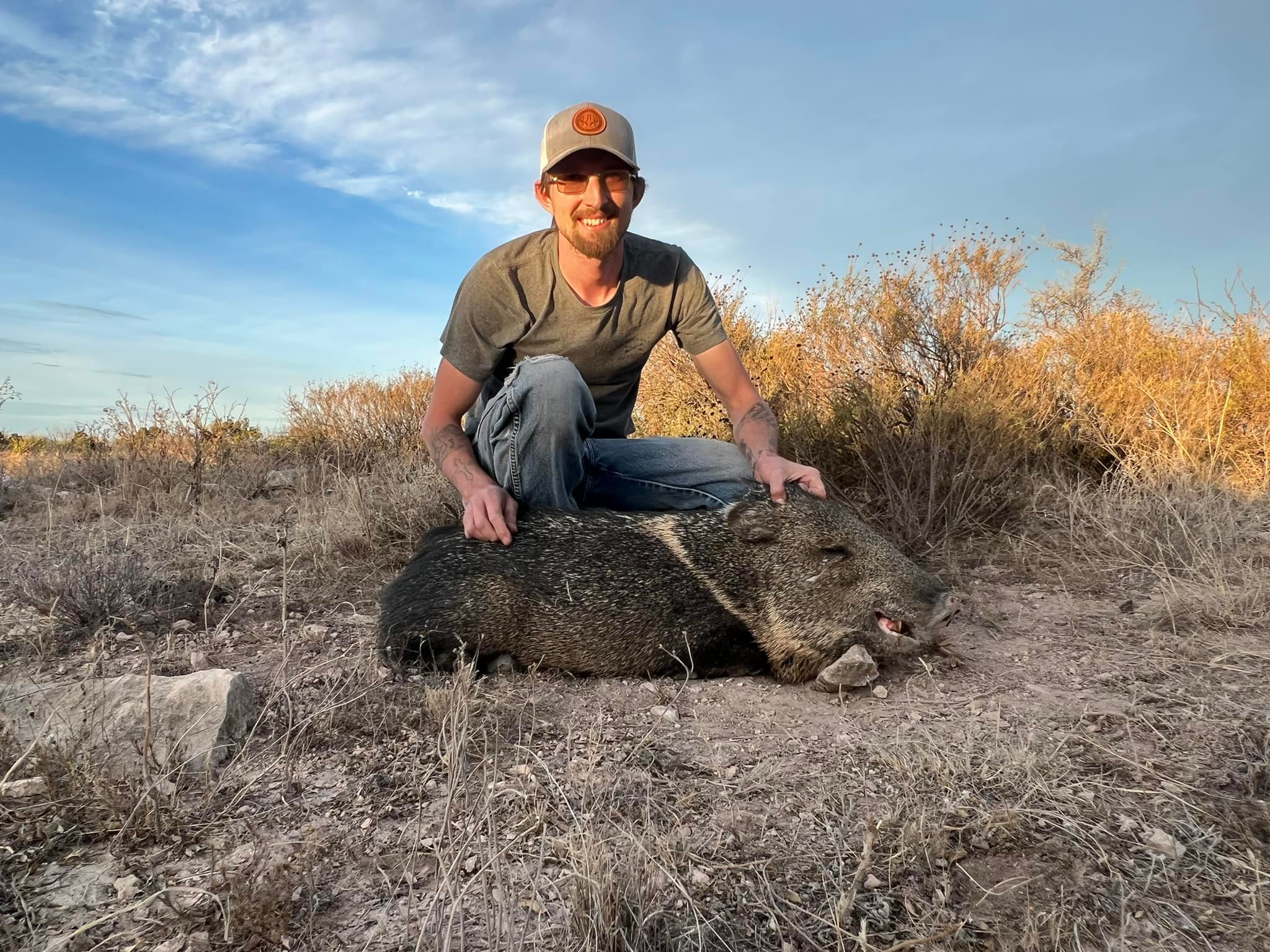Running a successful hunting outfitting business requires more than guiding clients to trophy animals; it also means managing finances and filing annual taxes correctly.
Whether you’re a sole proprietor, LLC, or corporation, understanding your tax obligations ensures compliance and maximizes deductions. Here’s a comprehensive guide to filing your annual taxes as a hunting outfitter.
1. Understand Your Business Structure and Tax Obligations
Your business structure determines how you file taxes:
- Sole Proprietorship: Report business income on Schedule C of your personal tax return.
- LLC (Single-Member or Multi-Member): May be taxed as a sole proprietorship, partnership, or corporation.
- S Corporation or C Corporation: Requires separate business tax filings and potential payroll taxes.
2. Keep Accurate Records Throughout the Year
Good bookkeeping is key to stress-free tax filing. Maintain detailed records of:
- Income: Client payments, deposits, and any additional revenue sources.
- Expenses: Gear, travel, fuel, lodging, lease fees, advertising, insurance, and guide wages.
- Receipts: Keep both digital and physical copies for all deductible expenses.
Using accounting software like QuickBooks or Xero can streamline recordkeeping and reduce errors.
Venku and HuntPay also help outfitters keep their books organized for tax season. Venku’s platform streamlines client bookings, tracks payments, and generates financial reports, making it easier to monitor income and expenses. HuntPay simplifies secure payment processing and record-keeping, ensuring all transactions are documented properly for tax reporting.

3. Identify Deductible Business Expenses
Hunting outfitters can claim numerous deductions to lower taxable income. Common deductions include:
- Equipment & Gear: Firearms, ATVs, blinds, decoys, calls, and optics.
- Land Lease & Property Costs: If you lease land or maintain hunting properties, these costs are deductible.
- Fuel & Vehicle Expenses: Mileage deductions for travel related to guiding and scouting.
- Marketing & Advertising: Website costs, social media ads, and promotional materials.
- Licenses & Permits: Business and outfitter licenses, state guide permits, and liability insurance.
4. Manage Employee and Contractor Taxes
If you hire guides or support staff, ensure compliance with tax regulations:
- W-2 Employees: Withhold federal and state income taxes and pay Social Security and Medicare taxes.
- 1099 Contractors: Issue Form 1099-NEC to independent guides earning over $600 annually.
5. File the Appropriate Tax Forms
Depending on your business structure, file the necessary tax forms:
- Sole Proprietors & Single-Member LLCs: Form 1040 with Schedule C.
- Partnerships & Multi-Member LLCs: Form 1065 and provide Schedule K-1 to partners.
- S Corporations: Form 1120-S and distribute Schedule K-1 to shareholders.
- C Corporations: Form 1120 for corporate tax filing.
Additionally, self-employed outfitters must file quarterly estimated taxes (Form 1040-ES) to avoid penalties.

6. Take Advantage of Tax Credits
Some tax credits may apply to your business:
- Conservation Easement Deductions: If your property is under a conservation easement, you may qualify for tax benefits.
- Energy Efficiency Credits: If you’ve installed solar panels or energy-efficient equipment on your lodge, you might be eligible for credits.
7. Work with a Tax Professional
Hiring an accountant or tax professional familiar with outdoor businesses ensures compliance and maximizes deductions. They can:
- Help with complex tax laws and regulations.
- Identify overlooked deductions.
- Assist in audit preparation if necessary.
8. File Before the Deadline
Ensure you meet federal and state tax deadlines:
- Federal Business Tax Deadlines:
- Sole Proprietors & Single-Member LLCs: April 15
- Partnerships & S Corporations: March 15
- C Corporations: April 15
- Quarterly Estimated Tax Deadlines: April 15, June 15, September 15, January 15
Check with your state tax agency for additional requirements and deadlines.
Filing annual taxes as a hunting outfitter doesn’t have to be overwhelming. By keeping detailed financial records, claiming all eligible deductions, and consulting with a tax professional, you can minimize tax liabilities and keep your business financially healthy. Stay proactive with your tax planning to ensure a smooth filing process each year.

Filing annual taxes as a hunting outfitter doesn’t have to be overwhelming. By keeping detailed financial records, claiming all eligible deductions, and consulting with a tax professional, you can minimize tax liabilities and keep your business financially healthy. Stay proactive with your tax planning to ensure a smooth filing process each year.
Resources
- IRS Small Business Tax Center: www.irs.gov
- Tax Guide for Small Businesses: www.sba.gov
